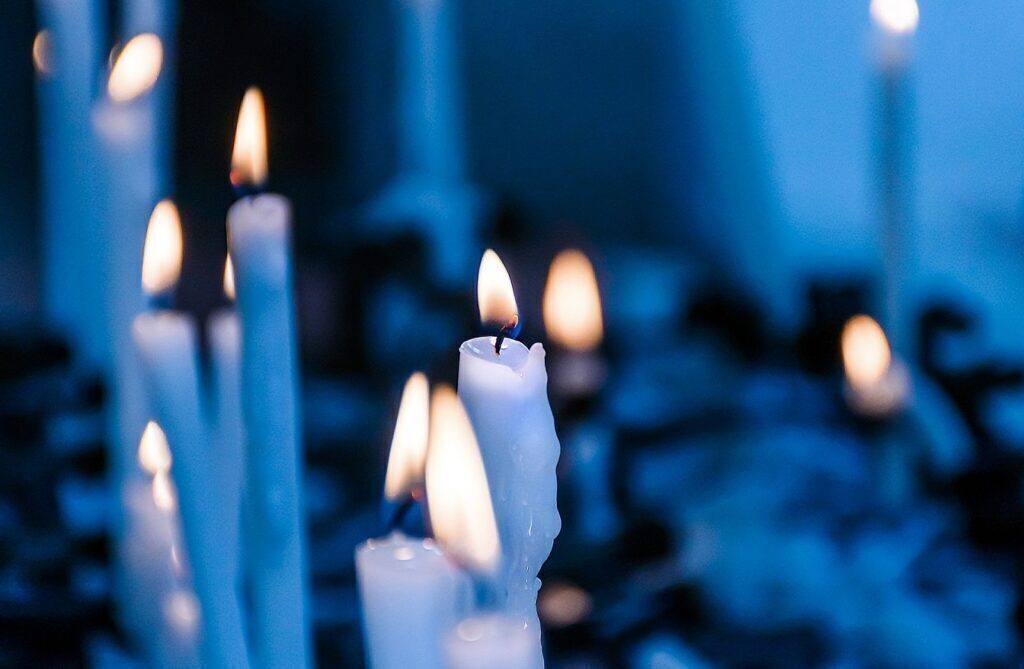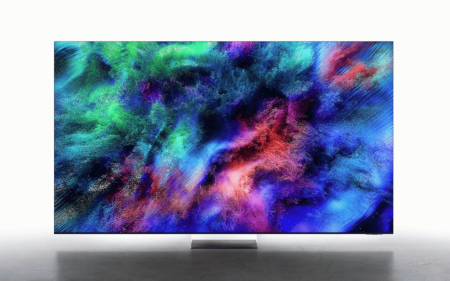It’s sad that we’re still writing this in 2023, more than fifteen years after the load shedding crisis first hit South Africa, but here we are with yet another article on putting a “load shedding survival kit” together for your business.
It probably won’t be the last, either, because somehow the literal national emergency can’t be fixed despite having thrown billions of rands in its direction and despite there being a hundred different ways they could actually solve the issue for good.
None of this is anything you don’t already know, so let’s get on with survival the article.
First on the Load shedding Survival Kit list: Internet backup
 You’re trying to run your business but Stage 6 load shedding is raining on your parade. If you’re anything like us, and your business grinds to a halt if you don’t have access to the internet, you need something to keep your router powered up through at least four hours of load shedding.
You’re trying to run your business but Stage 6 load shedding is raining on your parade. If you’re anything like us, and your business grinds to a halt if you don’t have access to the internet, you need something to keep your router powered up through at least four hours of load shedding.
For that, we can recommend the Titan Elecstor-NPS. It’s basically a battery backup system that can power any devices that use 9V or 12V inputs, like fibre boxes, WiFi routers, and the 5G routers that Rain/Vodacom/MTN et al uses. It comes with multiple outputs to support multiple devices, USB ports to plug in charger cables for cell phones/tablets, and a 24,000mAh battery that easily makes it through four+ hours of load shedding.
It’s affordable, too, costing anywhere from R1,600 to R1,800 depending on where you shop.
And here’s some buying advice that we acquired through painful personal experience: don’t buy battery backup solutions with anything less than 24,000mAh of power storage. While they seem to work well initially and are attractively priced at sub-R1,000, the ones (yes, plural) we tried stopped lasting through two hours of load shedding after a month or two.
Second on the list: Lights
You can tell that we’re professional nerds by our prioritising of the internet as the first aspect of the office to keep powered.
The second most important thing after that is the lights. Fortunately, this is easy to do: simply go looking for emergency backup bulbs that come with their own batteries, and which recharge when electricity from the mains is present.
This way, when the power goes off, your lights stay on.
You’ll find these bulbs in hardware stores, China malls, and sometimes even mainstream grocery stores like Pick n Pay and Checkers. Expect to pay R80 or so per bulb.
Other lighting options include rechargeable LED torches, LED headlamps, and even rechargeable LED recessed ceiling lights. Or ignore lighting altogether and just use the torch on your phone. We won’t judge.
Third item: Equipment
To keep your business premises and all of the equipment it contains properly powered through load shedding, you’re going to need a generator and lots of diesel. There’s just no getting around it.
While they are expensive to buy and run, generators remain the best way to keep everything powered, with the least amount of fuss. We highly recommend investigating having it soundproofed, as generators are loud and disruptive. With the right approach, you can keep that extra noise to a minimum. We don’t have a specific generator brand or company to recommend, but a quick Google will find you several companies to enquire about.
Alternatively, you can obtain an inverter and a huge bank of batteries and hook them up to solar panels for a free recharge from the sun. This is also expensive, but much quieter and cleaner than a generator. You’ll just require a lot of batteries to keep your operations powered if you have a lot of equipment.
Lastly, you could try one of EcoFlow’s Delta Portable Power Stations. These are fantastic as they are quiet, pack quite a punch, and can accommodate extra batteries to give you the capacity you need to keep your business going. They also recharge very quickly and come with a generous 5-year warranty. Expect to pay in the region of R20k for one of these, and R14k or so per additional battery.
Consult with professionals
We don’t advise that you go this alone. Consult with power professionals to figure out what your needs are, and what kind of equipment will meet them.
Then, once the heart palpitations have stopped, pull the trigger on a solution anyway because let’s face it, things are going to get worse before they get better and you need this right now. The country needs it and your employees need it. So just kak and betaal and enjoy at least a teeny tiny bit of power security.
This is South Africa now
 Unfortunately, this is the South Africa we live in now. Having a plan to keep the lights on is an absolute necessity for businesses since it’s clear the problem isn’t headed into the distance anytime soon.
Unfortunately, this is the South Africa we live in now. Having a plan to keep the lights on is an absolute necessity for businesses since it’s clear the problem isn’t headed into the distance anytime soon.
Shell out the cash, get yourself hooked up as best you can, use solar insofar as it’s practical in your situation, and maybe – just maybe – we can weather this storm and reach a point in the future where the lights actually stay on 24/7/365.
We live in hope.
Image by Ri Butov from Pixabay




